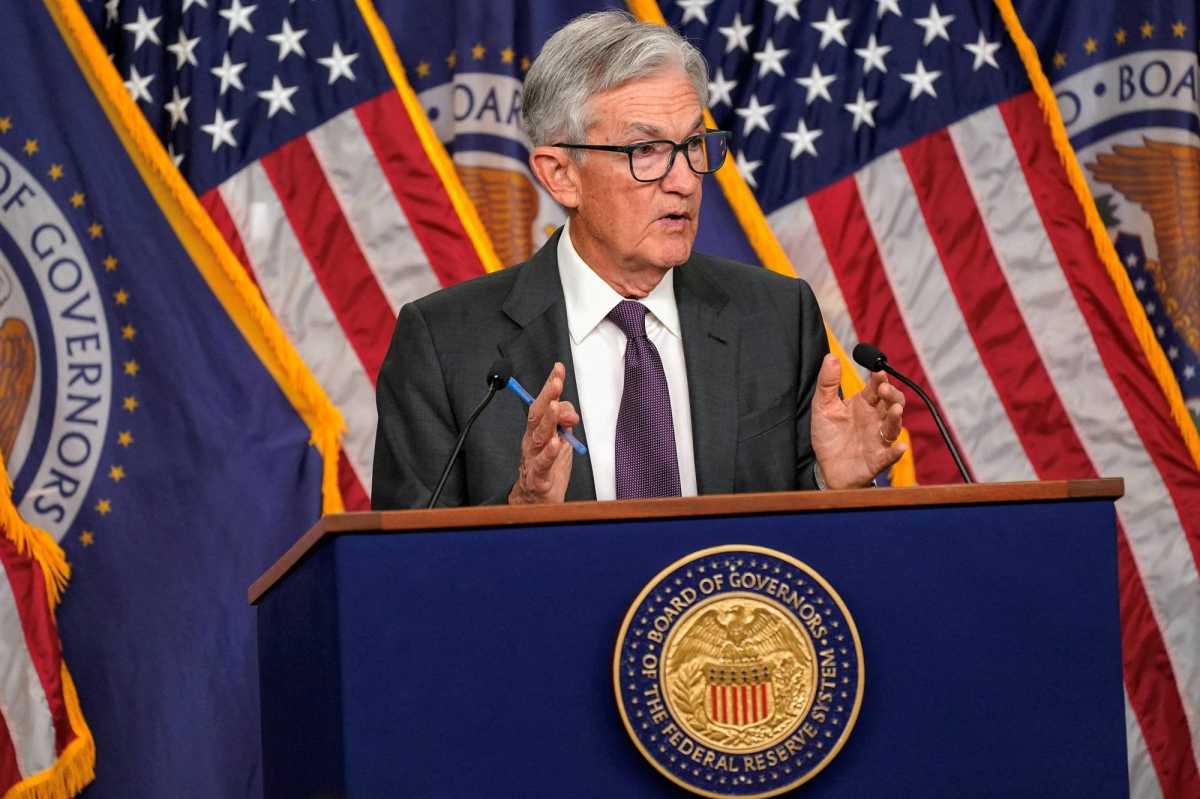Fed Voting Members Clash with Powell: Tariffs May Spark Lasting Inflation Concerns
Trump administration tariffs on imported goods, including steel and technology components and the newly announced auto and copper, have sparked concerns about their economic ripple effects. During the FOMC press conference last week, Federal Reserve Chair Jerome Powell has dismissed fears of long-term inflation risks, calling tariffs a "transitory" drag that could delay progress on price stability. He stressed that "solid hard economic data," including steady job growth, 2.8% February inflation rate down from 3.0% in January and solid consumer spending, underpins confidence in the economy's resilience.

However, different opinions emerged within Fed suggesting that the impact of tariff on inflation and other "solid hard economic data" has yet to become clear.
Musalem Warns of Persistent Inflation Risks
St. Louis Fed President Alberto Musalem expressed concern that tariffs might trigger more persistent inflation. He argued that these trade measures could disrupt supply chains and force domestic businesses to adjust their pricing strategies, potentially leading to entrenched inflation if wage pressures and cost pass-through effects take hold. Musalem's perspective challenges the notion of tariffs having merely a temporary effect, emphasizing the risk that they could alter inflation dynamics in a more enduring manner.
He said he would be wary of assuming that the impact of tariff increases on inflation will be entirely temporary, or that a full 'look-through' strategy will necessarily be appropriate.
Musalem's staff estimated that tariff plans announced to date could raise the Fed's targeted inflation rate an extra 1.2 percentage points, with more than half of that due to second-round impacts that could prove more persistent.

Goolsbee Flags a Crisis of Confidence
Similarly, Chicago Fed President Austan Goolsbee warned of significant risks if inflation expectations were to sour across the board. He said: "If you start seeing market-based long-run inflation expectations start behaving the way these consumer surveys have done in the last two months, I would view that as a major red flag area of concern."
He added that "anchoring" inflation expectations is a key part of the role of central banks—if these spiral out of control, the public is likely to seek higher wages to get ahead of foreseen price rices, pushing up the costs of goods and services as a result. He stressed that the gloomy outlook held by consumers could began to influence Wall Street's sentiment. Goolsbee stressed that such a shift could undermine the credibility of the Fed's 2% inflation target and complicate policy efforts, marking a critical divergence from Powell's more optimistic assessment.

A Fork in the Policy Path
The Fed's divide—Powell's transitory tariff view versus Musalem's structural warnings and Goolsbee's sentiment fears—reflects the precarious balancing act ahead. With inflation still above target and tariffs complicating the outlook, the central bank's next steps may hinge less on hard data than on whose narrative prevails: patience or preemption.
Expert analysis on U.S. markets and macro trends, delivering clear perspectives behind major market moves.
Latest Articles
Stay ahead of the market.
Get curated U.S. market news, insights and key dates delivered to your inbox.



Comments
No comments yet